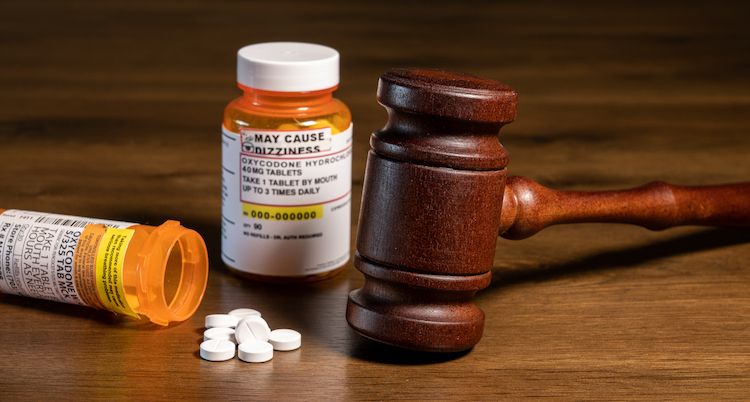Is the bankruptcy trustee going to go through my Venmo, CashApp, and Paypal accounts after I file?
Oh yes he is! And even worse, the bankruptcy trustee can take any money you have in hand or on deposit on the day we file.
On the day we file bankruptcy, you don’t want to have much in the way of liquid assets (like cash or money on deposit on a bank account). In theory, the trustee can take the money you had on the day you filed and use it to pay creditors. This means Venmo as well!
For instance, let’s say you file a chapter 7 bankruptcy today and have $1,500 in your bank account on the date of filing. Tomorrow, you spend that $1,500 on your monthly rent. One month later, when you meet with the bk trustee, he will ask you to turn over that $1,500 so that he can use it to split between your creditors. When you try to explain that you spent the money on rent after filing, he won’t care. You had it on the day of filing, and he wants it now.
On the day you file bankruptcy, your bankruptcy estate is created. Everything you own on that day is part of your estate. Basically, the bankruptcy paperwork takes a snapshot of your assets for that day. (If you receive your paycheck the next day, that’s okay. You didn’t have those funds on the day you filed). The trustee goes through your estate, takes things that can’t be protected (like the $1,500) and uses them to pay creditors.
On the day you filed, you had the money, and he wants it. It wasn’t your money to spend. It was (and is) his. If you cannot turn over those funds, the trustee can make your case fairly awful. In extreme circumstances, he can even throw out your case and deny you a discharge of your debts.
One month after we file, the bk trustee will ask for a copy of your bank statements going back anywhere from 1-3 months before you filed. This shows all of your transactions and payments. This shows clearly when you paid your mom back or when you transferred money to your Venmo account to hide it from the trustee.
Unfortunately, the trustee has been doing this much longer than you, and he has seen almost every trick people use to hide money. He will ask for transaction reports or statements from not only your bank accounts, but your quasi-financial accounts like Venmo, Cashapp, Paypal, and any others that you can think of. If you had money in those accounts (or strange transactions), it can cause a world of hurt for you and your case.
The safest way to handle it is to disclose everything honestly. If you have a little extra money right before filing bankruptcy (which is rare), go build up your food storage. It’s hard to punish someone for stocking up their food storage to weather a storm.






